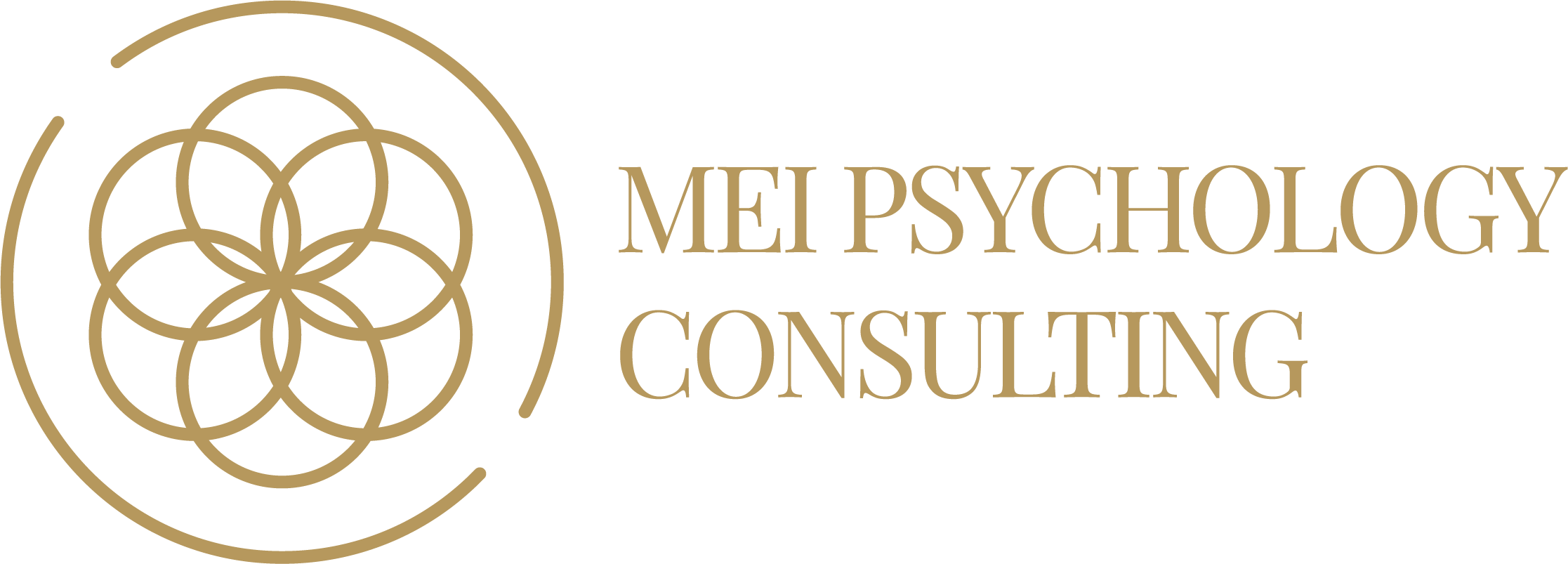I have more than 16 years of experience working with the lesbian, gay, bisexual, transgender and queer community (LGBTQ). When providing psychological therapy and counselling I focus on refining the client’s coping mechanism for dealing with emotional, behavioural and psychological difficulties provoked by a sexual orientation. I have helped many members of the LGBTQ community and their families to find a way to cope with the realities dictated by the society they live in. Throughout the whole process, I embrace a positive view on members of the LGBTQ community by treating each of my clients with the dignity, respect and affirmation they deserve.
LGBTQ Psychologist Can Improve Your Mental Health with Affirmative LGBTQ Therapy and Counselling
The stigmatisation of homosexuality
is still a reality
In 1973, homosexuality was removed from the official list of mental disorders, and in 1975 the American Psychological Association (APA) subsequently adopted the official stance that homosexuality per se does not constitute a mental health impairment.
Today, more than 40 years later, it seems like the status of the LGBTQ community is rapidly evolving. Same-sex marriage is recognised by the Americas, Australia, most of Europe and Taiwan in Asia, with LGBTQ parenting becoming more accepted. Furthermore, in many countries there are laws allowing transgender individuals to change their legal gender after sex reassignment surgery.
Nevertheless, the stigmatisation in the lives of lesbian, gay and bisexual people still exists, although it manifests differently depending on an individual’s cultural and social environment. Prejudice, marginalisation, discrimination, oppression and even violence are direct effects of stigmatisation. All of which can result in serious psychological dysfunctions. LGBTQ people and their families are thus still in need of psychological support. Stress, anxiety and depression are only some of the most common problems I have met in my practice.
Mental health issues of sexual minority people are not necessarily connected to Internalised Homonegativity (IH) but according to Monitor Magazine, American Psychological Association, the LGBTQ population still has far higher rates of depression, anxiety, substance use and suicide than their heterosexual and cisgender counterparts. It is thus of primary importance to understand fully the impact of social stigma and treat mental health issues from a non-pathological view.
Affirmative Therapy for LGBTQ Individuals
An affirmative approach in psychotherapy means that LGBTQ clients are met with openness and advocacy regarding their sexual and gender orientation. Affirmation goes beyond tolerance and focuses on helping the client find an authentic and unconditional way to connect to others and themselves. In my services, I systematically avoid heteronormative assumptions and accept clients regardless of sexual orientation or gender identity.
Apart from having the necessary empathy and compassion for the LGBTQ community, my work is based on expert knowledge and understanding of psychological, social and cultural problems related to LGBT. My Doctor Dissertation was on ‘Mental Health and Lesbian Gender in Japan and Taiwan’ and I have since presented and published several papers on related themes in Asian, American Psychological Association, and international conferences.
A Story from My Practice with the LGBTQ Community in Asia
A Chinese lesbian’s social and psychological challenges of coming out
My research into LGBTQ mental health started in 2002 and since 2004 I have actively facilitated group support for minority females in Asia. Despite the Chinese ‘open door’ policy, which in the 80s made it possible for gay (tongzhi) communities to develop, there are still LGBTQ issues relating to both psychological condition and social constellations, such as a family or work context. This case study about Li is one of them. Her story could help others in similar situations as it stresses the importance of reaching out for professional LGBTQ therapy help and getting involved in LGBTQ communities.
Li decides to come out
Li realised she was a lesbian in her teens. However, as she grew into a young successful business woman she hid her sexuality. It wasn’t until she reached her 30s, and met her first girlfriend, that she discovered she could no longer hide who she was. Yet, even in this stable loving relationship she still hadn’t told anyone in her family or work place about her identity within the LGBTQ community. After a lot of reflection and doubt she finally decided to ‘come out of the closet’.
LGBTQ family issues
At first Li experienced a strong negative reaction from her parents. Unwilling to accept her sexual orientation they became sad, frustrated and even angry. This negativity was as much based on their personal values and standards as generational and cultural dogmas. At the root of their lack of understanding lay the fact Li was an only child. Therefore, she was expected to provide genetic descendants and continue their family line.
In my therapy I often experience that when an LGBTQ individual ‘comes out of the closet’, their parents ‘go into the closet’. They are often under pressure from relatives and friends, as well as their wider society, who might lack understanding of LGBTQ rights and experiences. As a result of this they feel they have to make-up for, explain or advocate for their child identifying as part of the LGBTQ community.
Due to her own family’s lack of knowledge about LGBTQ realities, Li consulted me on how to help her parents. I began by giving advice about where to find the best information about LGBTQ issues. Following this I had several conversation based therapy sessions with Li where I encouraged her to listen to their worries and liberate the negative stereotypes which were blocking them. As they became more aware and informed they become less frustrated. Thus, Li was greeted with a more positive attitude from her parents and was able to reconnect with her family.
LGBTQ issues in connection to work
In Chinese culture the workplace is considered an extended family. Colleagues often feel connected and are therefore interested in each other’s lives outside work. When asked whether she had a partner, or was planning to get married, Li struggled to answer as it is common for sexual orientation to affect a person’s professional life. However, after a few years, Li decided to let her colleagues know she was a lesbian.
When she came out, Li discovered her colleagues had compassion and understanding for her sexuality. Although, she still worried about informing her boss, fearing a lack of understanding and even losing her job. She had climbed to a high position where she was often seen as the face of the company and was afraid her boss would not want a lesbian representer.

Before the meeting with her boss Li had a couple of sessions with me. The sessions focused on self-confidence and self-acceptance to help her approach her boss with determination and confidence. Again, Li was pleasantly surprised. Her boss took her seriously and respected her mature decision to come out to him despite her fear of losing her job. This positively affected Li’s mental health. Finally, Li didn’t need to hide who she was.
Mental health and the involvement in LGBTQ communities
While the world has come a long way with LGBTQ rights, individuals identifying as part of the LGBTQ community are still considered a minority. This implies an acceptance of being different and constantly having to relate oneself to a heterosexual mainstream society which can leave people feeling isolated.
As social beings we need to feel connected to people who we identify with and be part of a community. Therefore, I suggested Li become part of an LGBTQ community, where she could meet others who might share similar experiences to herself and enjoy shared lifestyle.
Since Li likes sports I advised she attend the Gay Games 2018 in Paris. Founded in 1982, the Gay Games has more than 10,000 registered participants from 70 different countries, which would be the perfect opportunity for Li to meet new friends, increase her mental health status, and take part in sports whilst celebrating her diversity.
Reaching out professional help
When I met Li for the first time, just before her coming out, it was clear she was already in a happy and loving relationship but troubled by how others might react to her sexuality. I could see that with the right psychological support she could take a step towards a happier and more balanced life. I am also happy to get to know Li’s parents and give them the necessary tools for accepting their daughter’s life.
Support from family, friends and colleagues are fundamental for the social and psychological wellbeing for all LGBTQ individials, no matter which society and culture they live in.
If you have unsolved LGBTQ issues you should not suffer in silence. Do reach out for professional help. No matter how small or big the problem is, I would be able to help with counselling conversation, work related coaching or tailored psychotherapy sessions.


